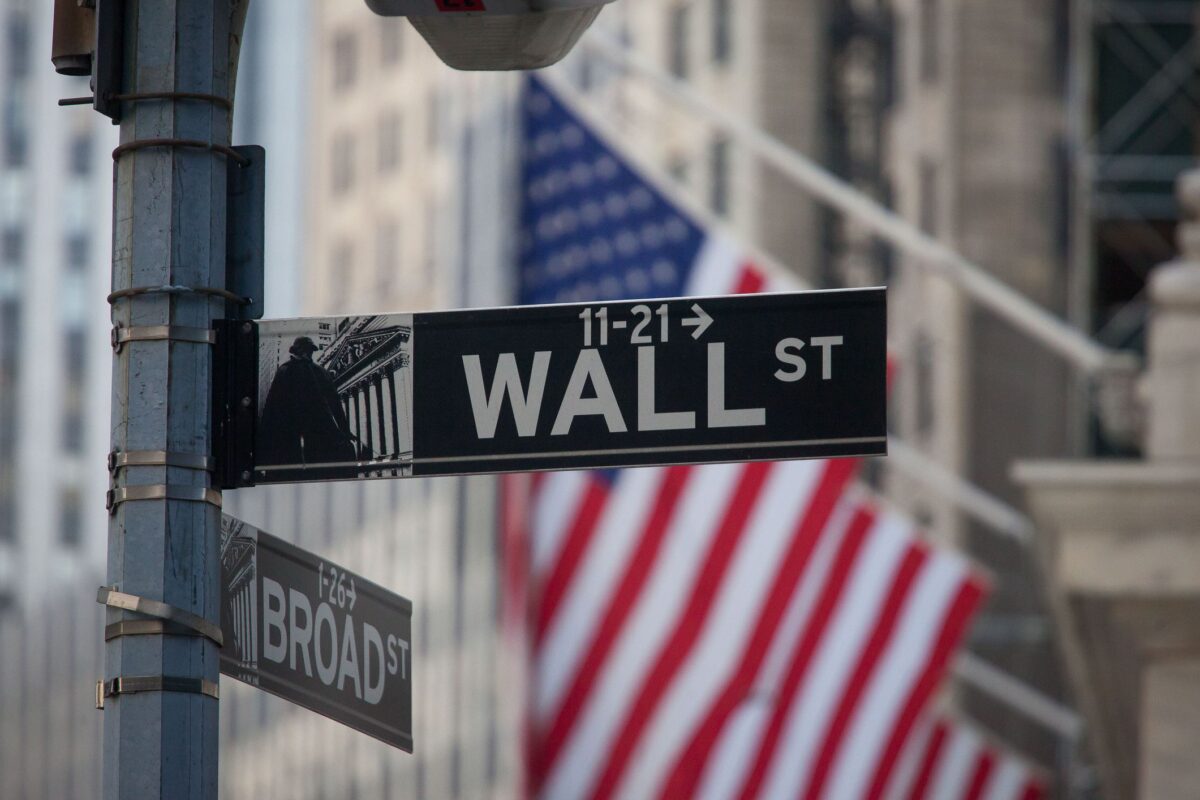Wall Street Banks Rethink Stock Market Outlook as Uncertainty Grows
09.03.2025 10:00 1 min. read Alexander Zdravkov
Wall Street’s biggest banks are rethinking their stock market outlook, with JPMorgan Chase, Goldman Sachs, and Morgan Stanley adjusting their expectations amid growing economic uncertainty.
JPMorgan’s Andrew Tyler now sees short-term downside risks for equities, citing economic headwinds and investor sentiment turning defensive. His team attributes much of the weakness to ongoing trade tensions under President Donald Trump, warning that markets may react by shifting to recessionary strategies.
Recent tariff hikes on Canada and Mexico, triggering a 500-point drop in the Dow, have only fueled concerns. Goldman Sachs’ David Kostin argues that stock valuations haven’t fallen enough to justify a rebound and believes market strength will only return alongside economic improvement.
Meanwhile, Morgan Stanley’s Andrew Slimmon predicts lackluster stock performance in 2025, describing it as a potential “pause year” following the extended bull run since 2023. He points to persistent high interest rates and geopolitical instability as factors that could dampen investor optimism.
Interestingly, all three firms were previously bullish on the S&P 500, forecasting a climb to 6,500 points by 2025 under Trump’s economic policies. Now, with markets shedding $3.4 trillion in value, that confidence appears to be wavering.
-
1
Polygon Breaks from Decentralization as Sandeep Nailwal Assumes Full Control
11.06.2025 20:00 2 min. read -
2
Nvidia CEO Urges UK to Invest in AI Infrastructure or Risk Falling Behind
10.06.2025 9:00 1 min. read -
3
KuCoin Plants Its Flag in Bangkok With a Licensed Thai Exchange
14.06.2025 13:00 1 min. read -
4
Why Gold Could Be the Smart Play Amidst US Debt Surge
11.06.2025 11:00 1 min. read -
5
NFTs Quietly Evolve Into Core Digital Infrastructure
13.06.2025 17:00 2 min. read
Coinbase Surges 43% in June, Tops S&P 500 After Regulatory Wins and Partnerships
Coinbase has emerged as the best-performing stock in the S&P 500 for June, climbing 43% amid a surge of bullish momentum driven by regulatory clarity, product innovation, and deeper institutional interest in crypto.
What Brian Armstrong’s New Stats Reveal About Institutional Crypto Growth
Coinbase CEO Brian Armstrong has spotlighted a significant acceleration in institutional crypto adoption, driven largely by the surging popularity of exchange-traded funds and increased use of Coinbase Prime among major corporations.
Whales Buy the Dip as Retail Panics: This Week in Crypto
The latest market turbulence, fueled by geopolitical tensions and investor fear, offered a textbook case of how sentiment swings and whale behavior shape crypto price action.
What Will Happen With the Stock Market if Trump Reshapes the Fed?
Jefferies chief market strategist David Zervos believes an upcoming power shift at the Federal Reserve could benefit U.S. equity markets.
-
1
Polygon Breaks from Decentralization as Sandeep Nailwal Assumes Full Control
11.06.2025 20:00 2 min. read -
2
Nvidia CEO Urges UK to Invest in AI Infrastructure or Risk Falling Behind
10.06.2025 9:00 1 min. read -
3
KuCoin Plants Its Flag in Bangkok With a Licensed Thai Exchange
14.06.2025 13:00 1 min. read -
4
Why Gold Could Be the Smart Play Amidst US Debt Surge
11.06.2025 11:00 1 min. read -
5
NFTs Quietly Evolve Into Core Digital Infrastructure
13.06.2025 17:00 2 min. read


